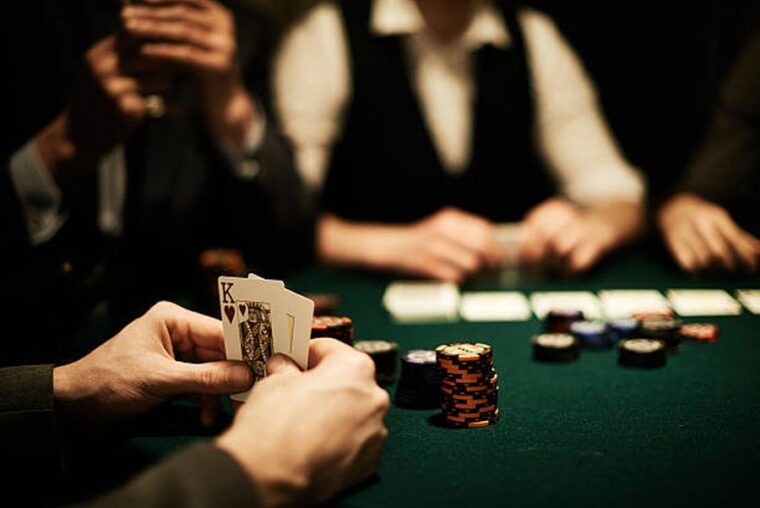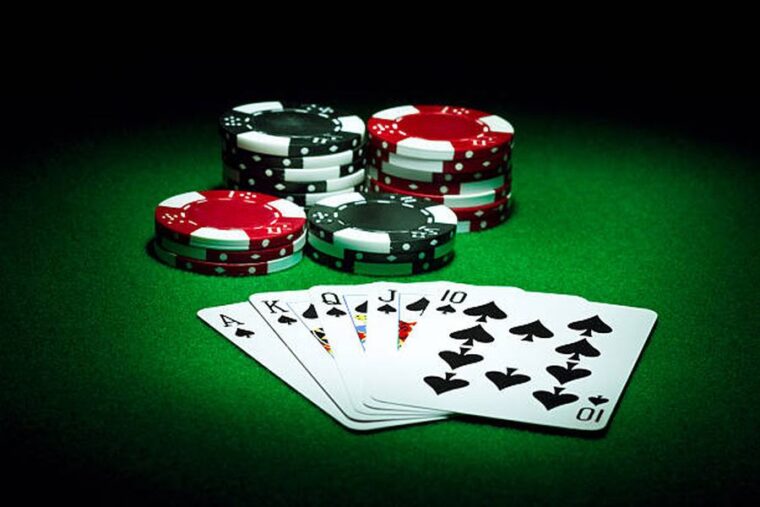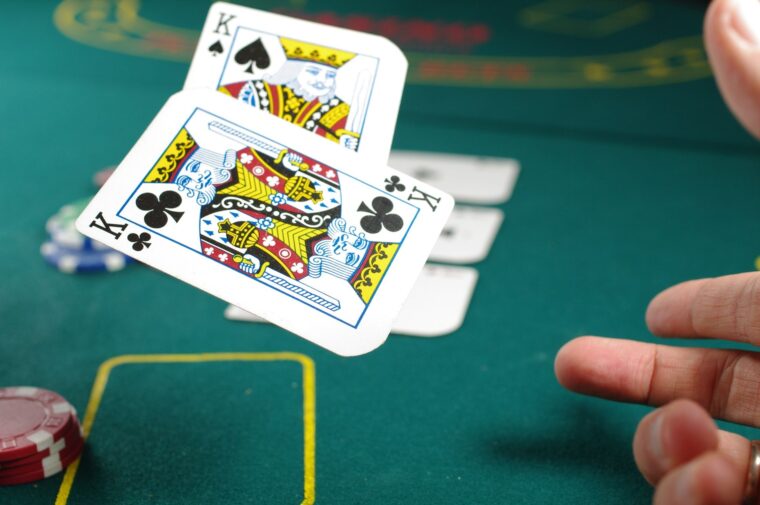Poker is the most classic casino game of all time. It’s also seeing new life thanks to the rising popularity of online gambling. Online gambling sites are seeing more new users than ever thanks to widespread use of online platforms for big poker competitions during the thick of pandemic lockdowns.
Even though in-person games are back, online poker still remains a great way for new players to learn the ropes and if you’re one of those newbies, having to fraternity your chances while learning with a Michigan Pokerstar like Greatlakesstakes.com will increase the understanding to which you can muster up some chance to turn a pro on time to which can increase your winning viability.
Despite the fact that their many great poker players vying to increase their coffers with the poker game in every part of the world. Understanding the following basics will definitely increase your poker winning chances even if you are at the beginner level and below are the tips.
Don’t Try To Beat Players Beyond Your Skill Level

Throughout history as always seen the history repeats itself on many occasions as many believed that going against someone that is obviously superior to them will ensure that they learn fast.
Learning fast and becoming pro is cool and can give you more money in the future, but losing all you got before you become a decent player might ruin your future all along.
The best way to make money in poker is to win a lot without losing. That seems obvious, but it is a skill that many new players might forget in their haste to become a good player. Here’s one trick to winning more consistently: if there’s a really good player at your table, leave. It’s not the coolest move, but it ensures you won’t keep passing your chips over to a better player in frustration while you try to squeeze out one winning hand. Instead, pick fellow players that are worse than you. Being able to capitalize on their mistakes is your path to easy money.
Only Play When You Feel Like It

Another obvious but oft-missed tip is to play only when you’re feeling 100% into it. This is a misstep pros can make, because they feel they need to play in every event. But there are several poker legends that skipped events so that they could only play when they were up to it. There’s no shame in skipping a game when you can’t focus. Playing when you’re not in the right headspace will only lead to bad decisions and, more importantly, you are not having fun.
More importantly, poker needs ear-headed activities when you’re right at it and many felt that their instinct is enough to scale them through any power game, while there are some that bank on their winning spree in their last efforts.
However, banking on the previous winning scales has proved to run many of their poker winning bets. But heading to any poker when the player is feeling the need to play comes with different aura and topnotch concentration which is the bedrock of poker basics
Bluffing Is Not About A Grand Deception

Watch movies about casinos, and you’ll think that bluffing is lying really well and leading opponents into risky traps. The truth is that bluffing is more about stalling so you can get the one card you need to turn a decent hand into an amazing one.
One of the thing about the use of bluffing is that one might not know when he is been fooled while thinking he or she is fooling his of her counterparts because every other involving party wish to be the best in the game in order to have the upper hand in the game in order to the win more than the others.
When it comes to bluffing, it’s too risky to try and fool opponents into backing away from your garbage hand. The real key to bluffing is keeping the game going while you have a hand with good cards that could turn into an unbeatable hand. The pros call this a “semi-bluff” since you’re not actually staging a grand deception. Instead, you’re betting on the possibility that you draw the card you need, but hoping you can still win if you don’t. Framing it in this way should help you visualize so you act like you’re lying and drop a tell.
Know When To Fold ‘Em

Keeping in line with the last tip, feel free to walk away when a hand has no potential. Do it early, too, before you end up investing too many chips. There’s no point in trying to bluff out an irredeemable hand–it’s a surefire way to waste your winnings.
Though bluffing has always made some power players win big because of the fact that each player cannot predict their counterpart cards and many believe their own is the best even when it’s not so the best.
But having the audacity to know when to fold has been the strategy that many great poker players adopt to ensure they maintain and maximize their winning potential when the table is about to turn in them. Knowing when to fold increases the chances of poker winning more than bluffing.
Get Aggressive When The Time Comes

Your one goal is to limit time spent on awful hands and save your chips for the good stuff. When those good hands do come, go right on the offensive.
Keep the rounds fast and furious to throw off less experienced players, as well as those that take time to think. Raise, semi-bluff, and play as quickly as you feel you can. This heightened energy should be contagious to the point that it throws opponents off their game and causes them to make bad mistakes. Sometimes it’s not about you having the best hand, but about forcing the others to make poor use of their hands.
